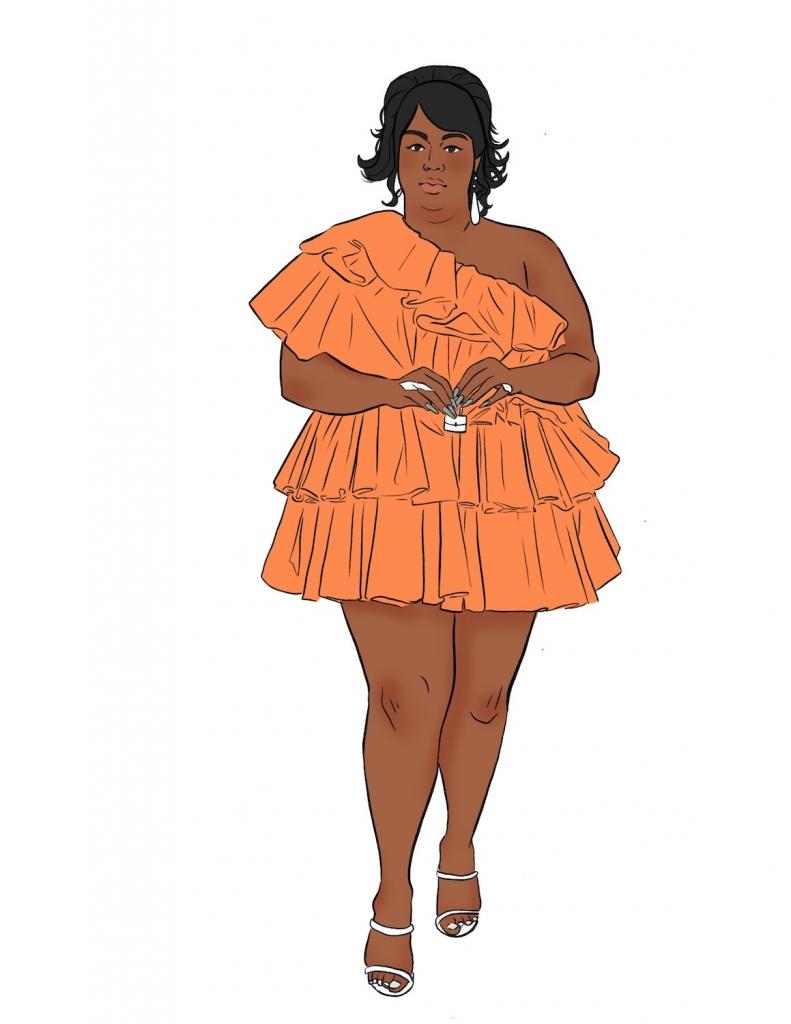Over the summer, pop, soul, and rhythm and blues singer-songwriter Melissa Viviane Jefferson, known on stage as Lizzo, became a sensation through the release of her breakout album “Cuz I Love You.” The up-and-coming artist is known for her infectious, high energy performances and her messages about body positivity and confidence.
Although the modern body positivity movement originated to combat fat-shaming, as Palo Alto High School junior Lai-Ling Bisset says, Lizzo uses the movement as a way of uplifting all different body types.
“Her whole message is to love all body types, not just thick body types or overweight body types,” Bisset said. “She doesn’t just stand for curvy women like herself, she stands for all body types. That’s kind of the whole point.”
In this verbatim, Verde Magazine will explore how Paly students feel about the movement of body positivity and how influences in music and media — like Lizzo — have impacted students’ self-confidence.
Question#1: How does Lizzo inspire discussion about the body positivity movement?
“What I admire about her is how she takes her positive moments and turns them into an art other people can enjoy to empower them during their low moments.”
— Katel Fong, freshman
“I’ve struggled with my weight and self-perception and Lizzo is kind of a beacon of hope that you can be heavier and be gorgeous, confident, successful, etc.”
— Gabriella Terrell, freshman
“Seeing a person that looks like her in [the] media [and] winning entertainer of the year is very inspiring for people because they have that representation that they didn’t previously have.”
— Jana Phillips, senior
Question #2: How has [the body positivity movement] impacted you?
“As someone who’s struggled with my body image for many, many years, I think the way social media has really influenced [the body positivity movement] and brought it to other people’s attention has really helped.”
— Phoebe Berghout, sophomore
“Since we were young, we were taught that our bodies were something to be aware of and be ashamed of if you’re a certain size. I look back on all the shows and all the things I used to watch and a lot of the characters were really thin and just were a certain kind of body shape.”
— Janet Padilla, senior
Related stories
Every body is a bikini body: Being “healthy” is not a pre-requisite for self-love
The skinny on skinny-shaming: All forms of body-shaming need to stop



